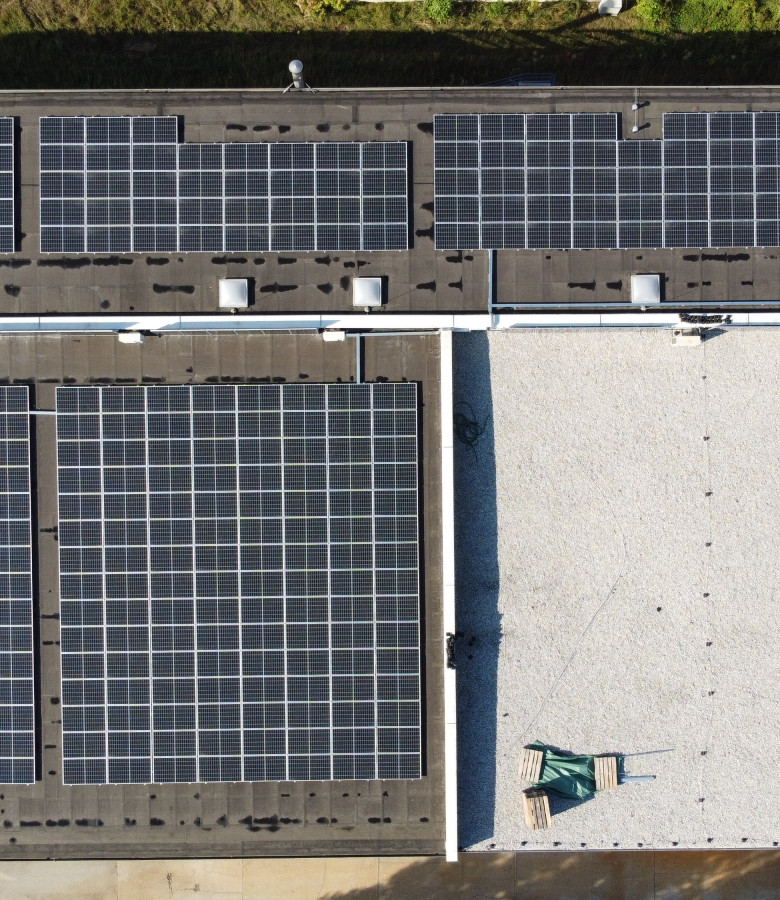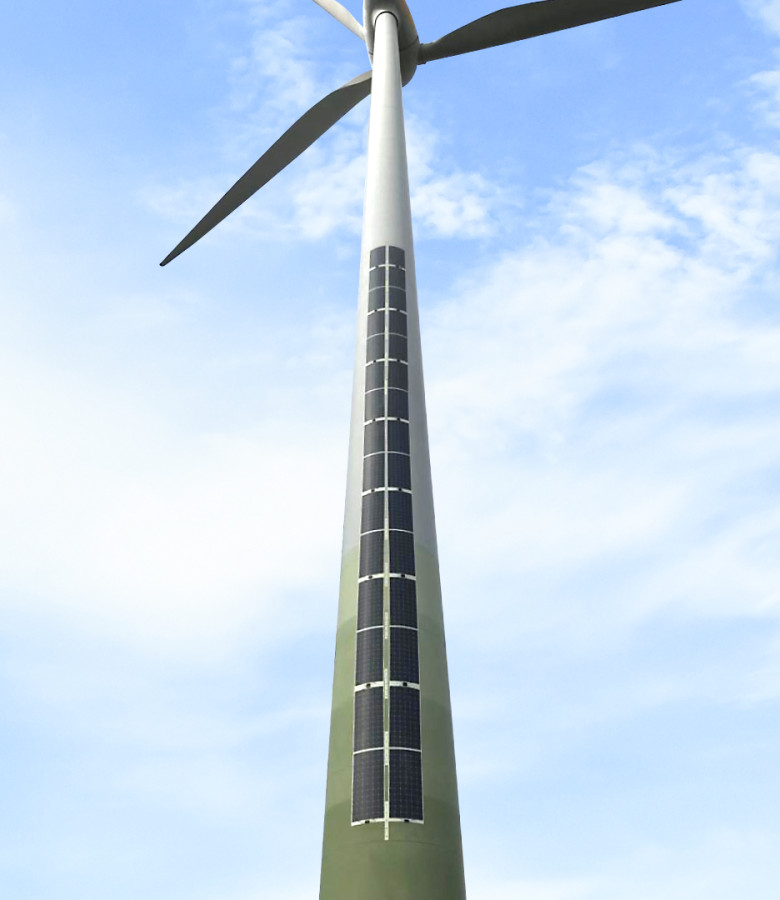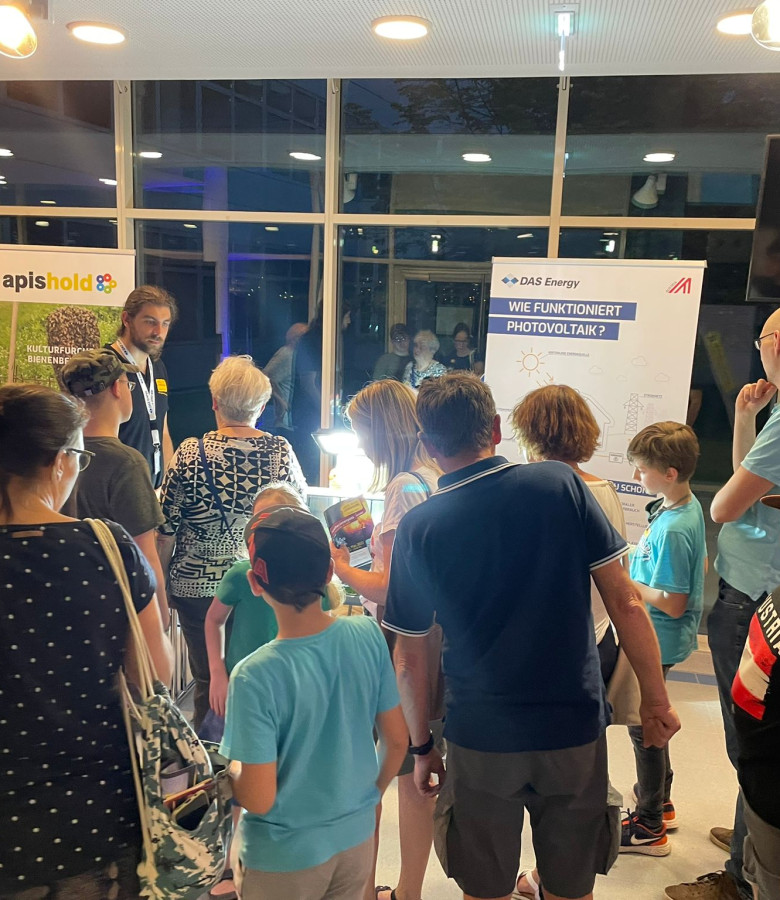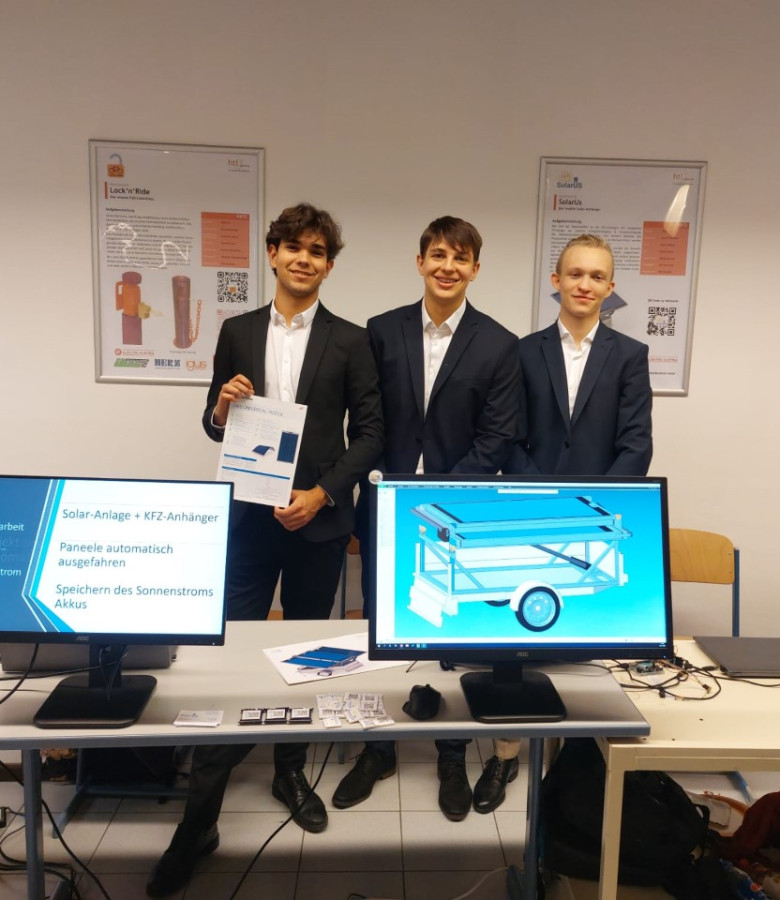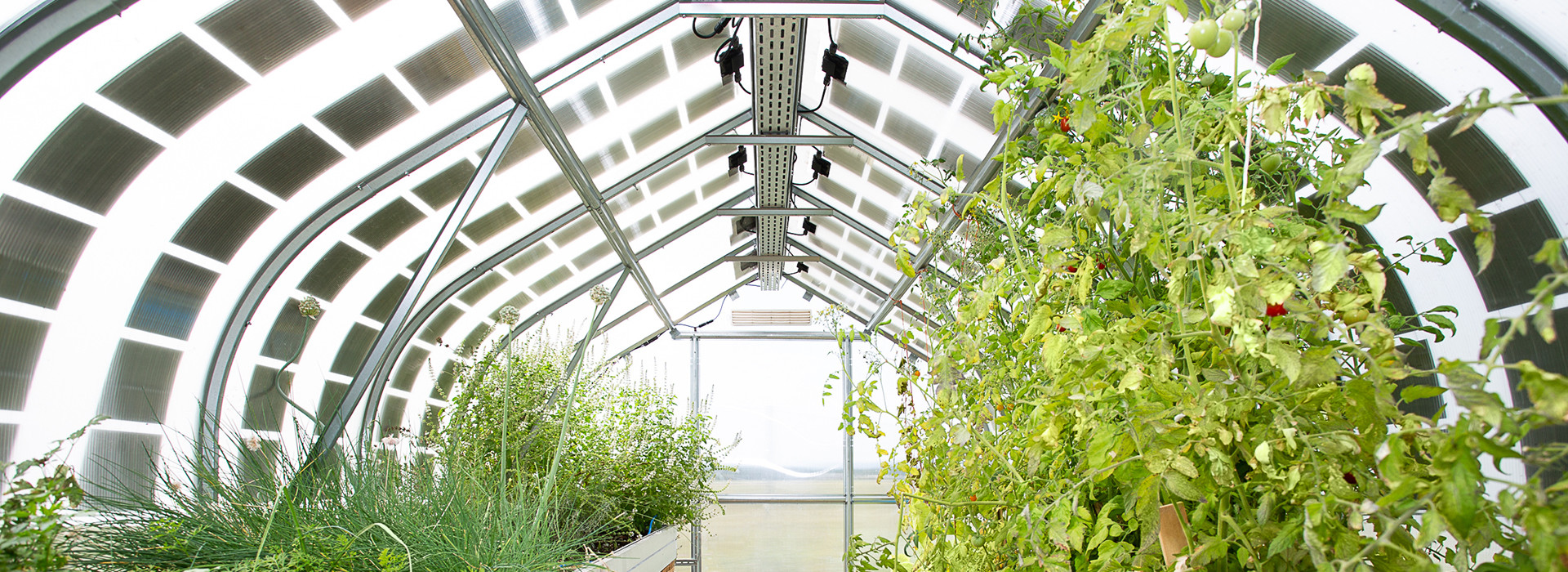
Viennese greenhouses equipped with DAS Energy PV modules
Greenhouse vegetable production requires large amounts of heat and electricity. A new BOKU research project is investigating how statically sensitive glass houses can also be used to generate solar power.
Urban-Agro-Photovoltaics - Sustainable vegetables are produced in urban greenhouses, and the green electricity required for this will soon be available on the greenhouses.
A scientific joint project (GLOCULL) is currently taking place between the BOKU (University of Natural Resources and Life Sciences, Vienna) and the municipal vegetable gardener LGV in Vienna Simmering. DAS Energy supports this project with its ultra-light and at the same time (partially) translucent PV modules.
In 2019, DAS-Energy modules were glued directly onto the glass surfaces in the Schneider and Hopf family business. Since then, both the photovoltaic power and the sugar content and plant growth have been precisely documented and evaluated by experts from various disciplines.
A special focus was of course on the statics of the glass houses (load capacity). Due to the low weight (3.3 kg / m2) and the simple assembly (glued directly onto the glass), the modules from DAS Energy were used for this project.
GLOCULL: (Globally and locally sustainable food-water-energy innovations in urban living labs)
BOKU: Universität für Bodenkultur, Wien
LGV: Landwirtschaftliche Gemüse Verwertungsgenossenschaft
FFG - Forschung wirkt
Projekt: ENERGIE DER ZUKUNFT, JPI Urban Europe, ERANET Co-fund Smart Cities/Urban Futures 2016
Projektstart: 01.05.2018
Zeitraum: 2018 - 2021
Projektende: 31.10.2021
Projektlaufzeit: 42 Monate
